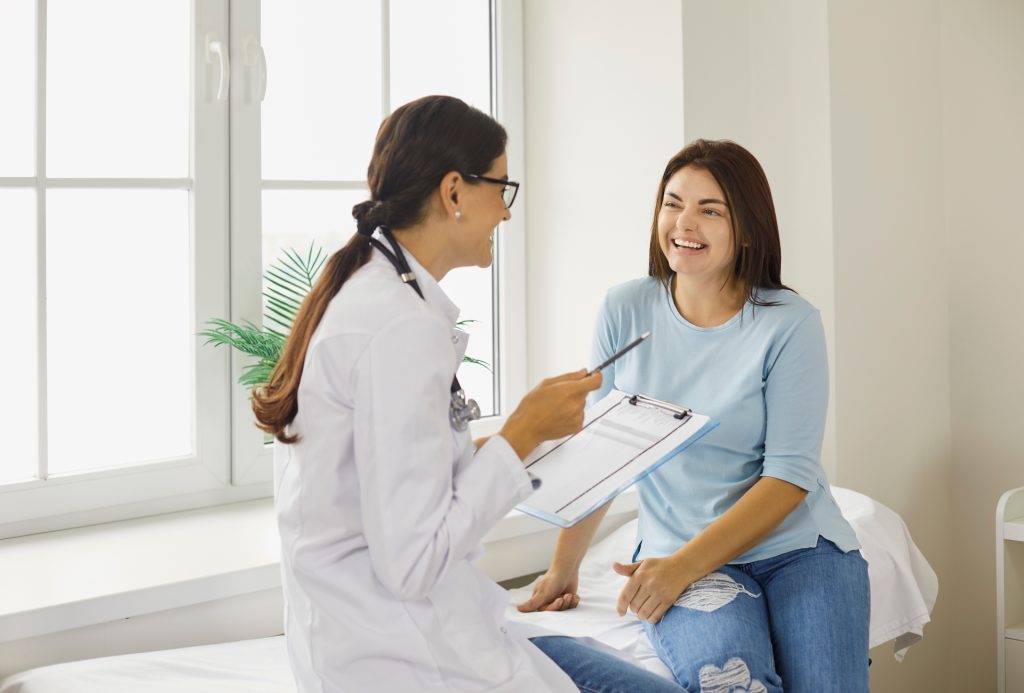- (305) 895-5555
- 16876 NE 19th Avenue North Miami Beach, FL 33162
- staff@womenandteens.com
- Mon - Fri: 9am - 5pm
- Walk-ins Welcome
Women and Teens Abortion Clinic Miami Florida and North Miami Florida specializing in abortion pill, abortion clinic, birth control, early abortion, home abortion, IUD insertion, IUD device, medical abortion, natural abortion, non-surgical abortion, pill abortion and surgical abortion for the Miami Florida area and to the surrounding areas of Aventura, Bay Harbor, Biscayne Park, Cooper City, Coral Gables, Cutler Bay, Dania Beach, Davie, Doral, Florida City, Fort Lauderdale, Hallandale, Hialeah, Hialeah Gardens, Hollywood, Homestead, Fort Lauderdale, Key West, Medley, Miami Beach, Miami Dade, Miami Gardens, Miami Lakes, Miami Shores, Miami Springs, Miami, Miramar, North Bay Village, North Miami Beach, North Miami, Pembroke Pines, Plantation, South Miami, Sunny Isles, Beach Sunrise, Tamarac, Weston.
©2026 Women & Teens Healthcare
Website & SEO By: Partners For Choice





